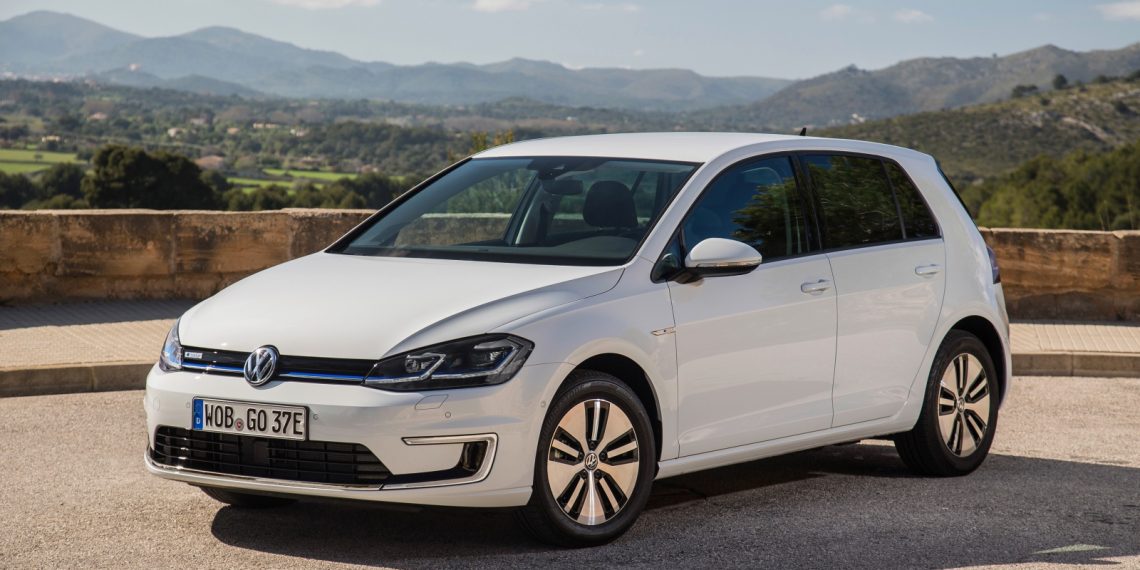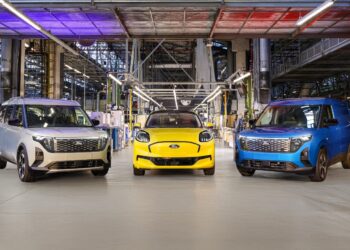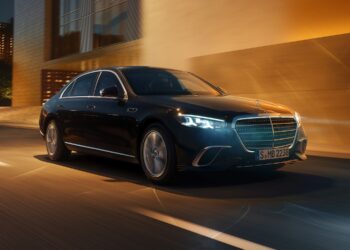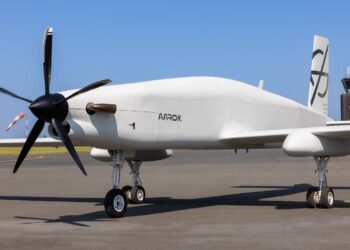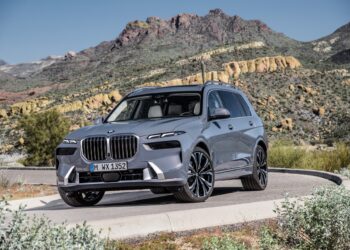Volkswagen is gearing up for a bold return of its iconic Golf – this time as an all-electric powerhouse. In a surprising twist, the German automaker is collaborating with Rivian, the electric vehicle disruptor, to create the ninth-generation Golf. This partnership marks a significant shift as VW leans on Rivian’s tech expertise to future-proof its beloved hatchback. But don’t get too excited yet – the electric Golf is slated to debut in 2029.
The ID.3 vs. The Golf: A Reversal of Roles
The ID.3, Volkswagen’s current electric hatchback, paved the way for the brand’s electric future. But as VW prepares to reintroduce the Golf as a fully electric model, it seems the ID.3 may soon step aside. Kai Grünitz, VW’s technical chief, hinted earlier this year that the ID.3’s days are numbered, while CEO Thomas Schäfer confirmed the Golf will take center stage in the electric era.
“We want to start this journey with a more iconic product,” Schäfer told Automotive News. “So we’ll start with the Golf.”
Volkswagen + Rivian: A $5.8 Billion Partnership
Volkswagen isn’t going it alone. In a landmark $5.8 billion joint venture, VW and Rivian are collaborating on the Scalable Systems Platform (SSP), an electric architecture designed to underpin next-generation EVs. The Golf Mk9 will be among the first beneficiaries, signaling a major shift as legacy automakers seek help from nimble EV innovators.
Why Wait Until 2029?
The electric Golf’s delayed arrival reflects the extensive groundwork needed for a “software-defined vehicle.” Schäfer emphasized that Rivian’s expertise is vital for VW to deliver a modern EV that embodies the Golf’s legendary status. This long lead time also gives VW room to refine the ID.3, with a redesigned version featuring improved hardware and a more premium interior arriving in 2026.
Despite the ID.3’s refresh, expect some overlap between the two models. Volkswagen is unlikely to retire the ID.3 immediately after launching its electric Golf, ensuring a seamless transition for its EV portfolio.
An Overlap of Generations
Interestingly, the combustion-powered Golf Mk8, launched in 2019, will continue to coexist with its electric successor. With hybrid, diesel, and gasoline options available, VW plans to keep the Mk8 on the market until at least 2035 when the EU’s emissions ban kicks in.
Rivian’s Influence Extends Beyond the Golf
The VW-Rivian partnership doesn’t stop at the Golf. Audi and Porsche will be the first brands in VW’s portfolio to utilize Rivian’s tech expertise, with vehicles expected as early as 2027. The SSP platform promises compatibility across all segments, from compact cars to premium SUVs.
What the Electric Golf Will Offer
Volkswagen’s electric Golf aims to capture the essence of its legendary predecessor while embracing cutting-edge technology. With Rivian’s input, expect:
- Enhanced EV Architecture: Built on the SSP, the Golf Mk9 will deliver superior performance, range, and efficiency.
- Software-Defined Driving: Advanced digital features and over-the-air updates.
- Iconic Golf DNA: Retaining the practicality, handling, and charm that made the Golf a global favorite.
The Road Ahead
Volkswagen’s gamble to reinvent the Golf as an EV with Rivian’s support underscores the seismic changes reshaping the automotive industry. While fans may have to wait until 2029 to see the electric Golf on the road, the collaboration promises a revolutionary hatchback ready to challenge the best in the EV market.
For now, VW is walking a fine line between innovation and tradition, ensuring the Golf’s legendary legacy lives on in the electric age. Will the wait be worth it? If VW and Rivian deliver on their promise, the answer is a resounding yes.

